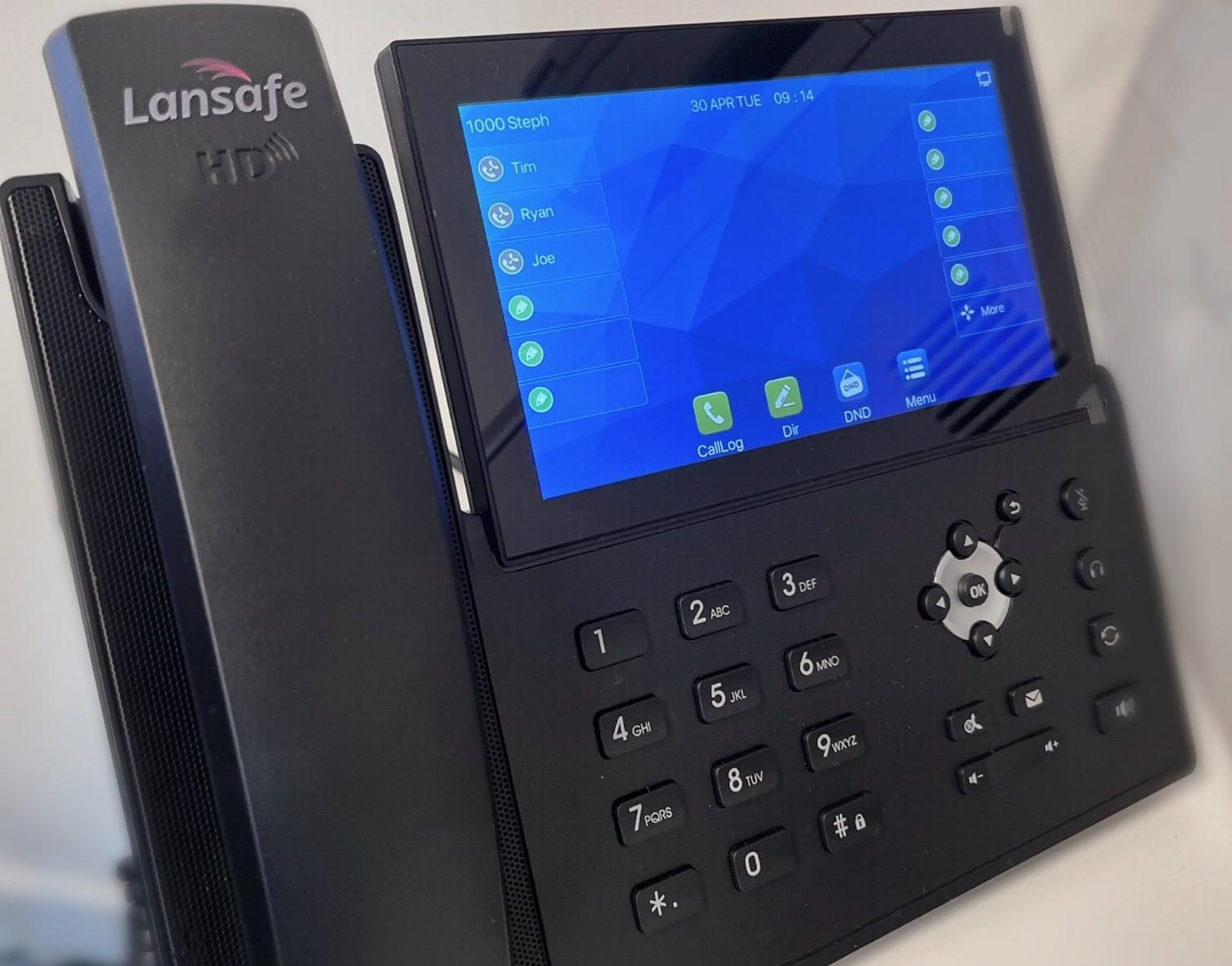The ‘Big Switch Off’ will result in the phase-out of BT’s ISDN (Integrated Services Digital Network) and PSTN (Public Switch Telephone Network) phone lines. Introducing the VOIP (Voice Over Internet Protocol) technology, allows voice calls to be made over an internet connection. The availability of reliable broadband across the UK means that the change will provide cheaper and clearer phone calls.
Businesses are being urged to have migrated off the aging PSTN/ISDN lines by the end of 2025, to safeguard their services, well before the final shutdown and Switch Off of the network in 2026. When the Big Switch Off happens, any business who have remaining services that have not yet switched to the new digital network will be lost; this includes phone dependent systems such as alarms and door entry systems that run on an analogue line.

What is PSTN?
The Public Switched Telephone Network (PSTN) is an outdated analogue system that relies on copper wires, making it increasingly fragile and prone to failure. Ofcom reported a 45% rise in major PSTN failures in 2024, highlighting the urgency of switching to a fully digital network. Every phone line in the UK will soon be digital, routing calls over the internet instead of traditional copper lines.
Businesses must act now to review their telecoms infrastructure and ensure a smooth migration. Those who delay could face operational disruptions, increased costs, and lost connectivity. The future of telecoms is digital, and the time to prepare is now.
What are the benefits of switching to VoIP?
Switching to a VOIP (Voice Over Internet Protocol) system offers a range of significant benefits for businesses looking to modernise their communications. One of the most immediate advantages is cost savings—VOIP systems typically eliminate the need for traditional line rentals and reduce call charges, especially for long-distance and international calls. Since VOIP runs over your existing IT network, installation is straightforward and far less disruptive than setting up a conventional phone system. This simplicity also extends to ongoing management, with cloud-based platforms allowing businesses to easily add or remove users, scale services, and access advanced features like call forwarding, voicemail to email, and video conferencing. Additionally, VOIP supports flexible working, enabling employees to stay connected from any location with an internet connection. As traditional PSTN and ISDN systems are phased out, upgrading to VOIP ensures businesses stay future-ready, avoiding service disruption while benefiting from improved reliability, better call quality, and greater overall efficiency.
For more useful knowledge base blogs, valuable insights, and news articles, head to our Latest News.
Whether you need information on security best practices, the latest trends in telecommunications, or comprehensive IT knowledge, our Latest News pages have been put together to keep you informed and ahead of the curve.